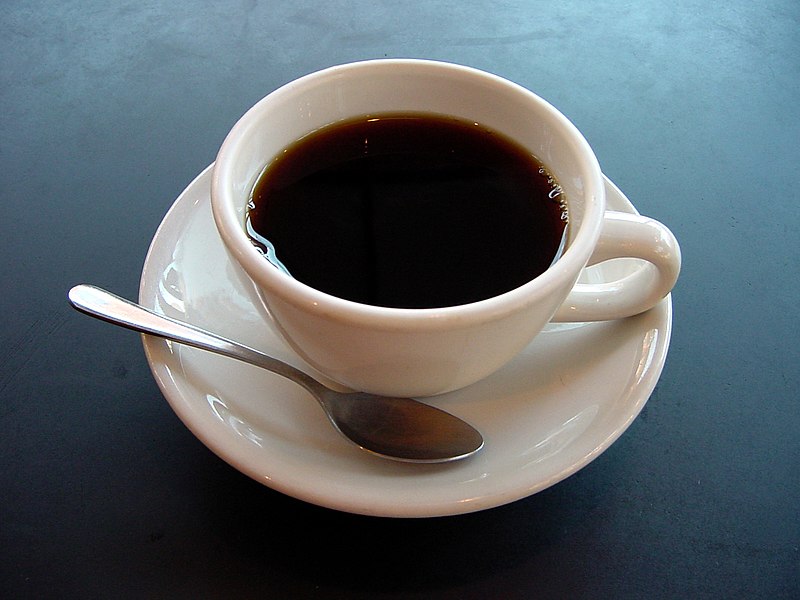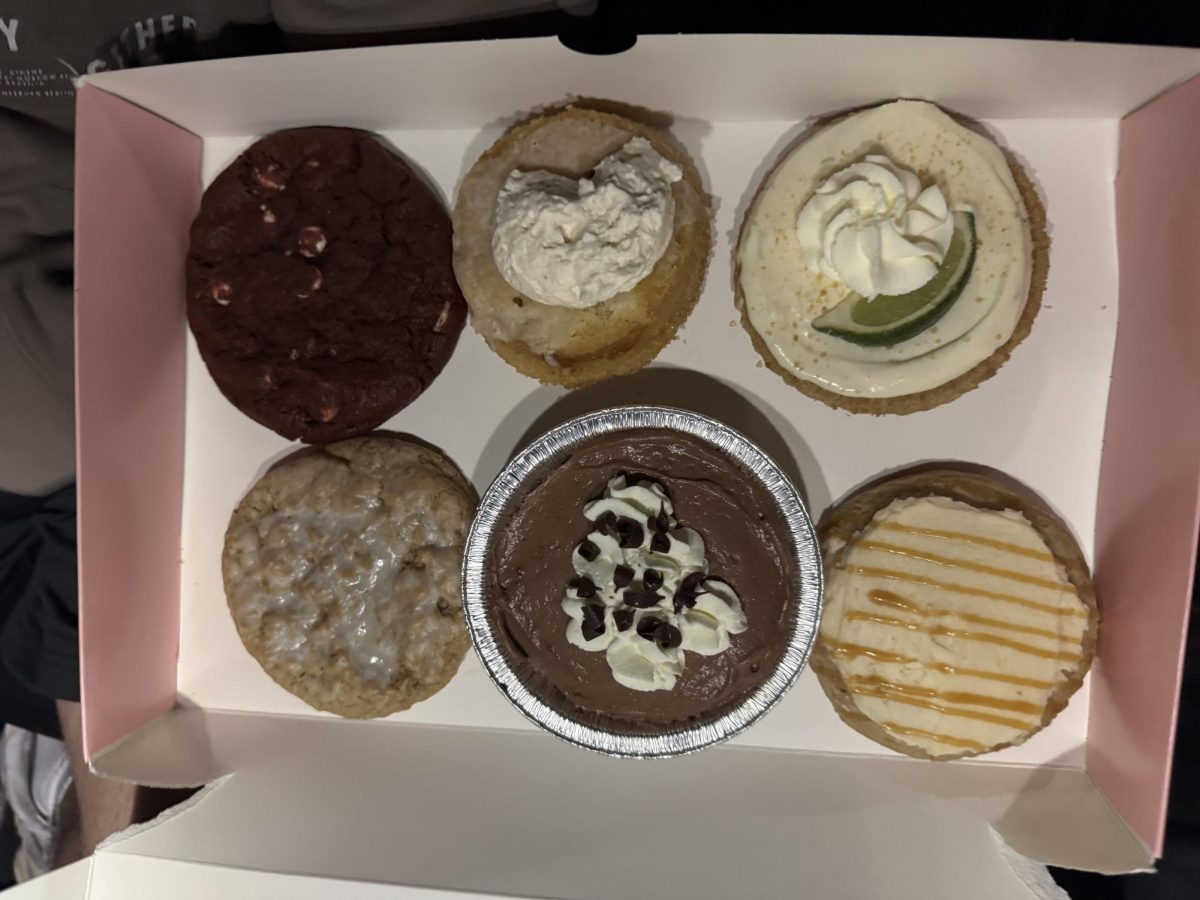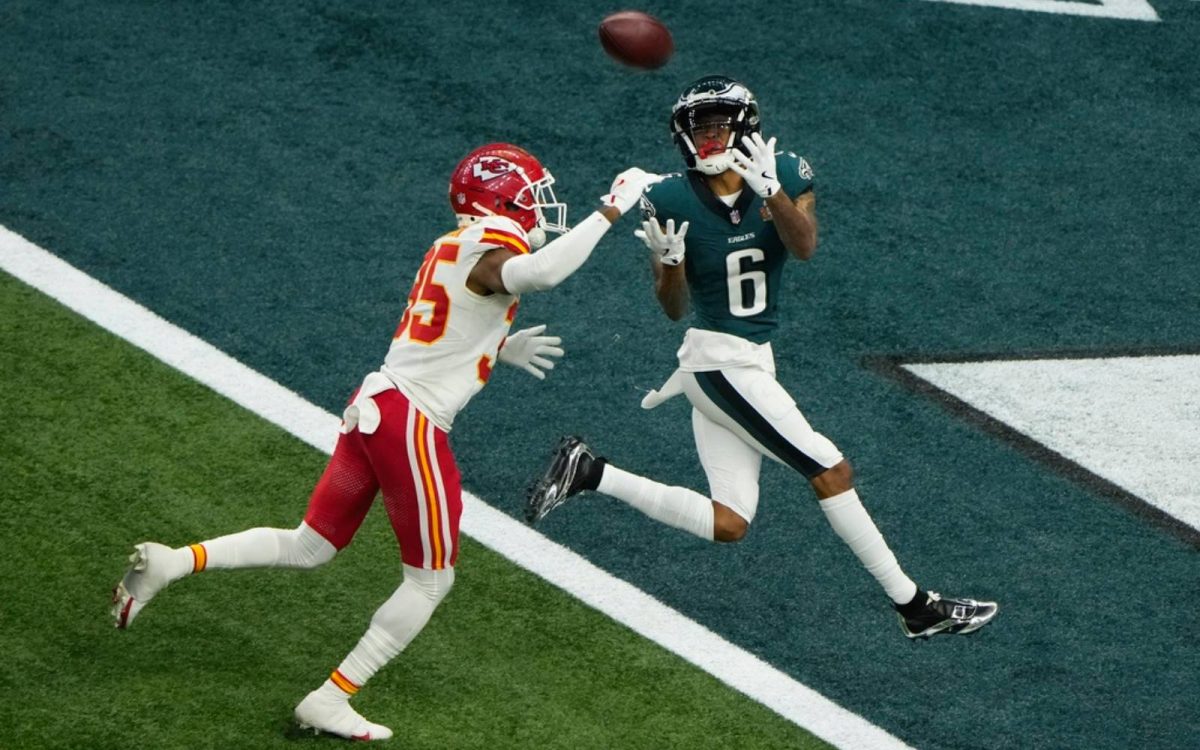The first thing most Americans do is get a warm or cold cup of coffee. I mean everyone loves a good cup of coffee in the morning. It’s refreshing, delicious and, of course, energizing. But, how much coffee could possibly send you into cardiac arrest?
Sarah Katz, a 21-year-old college student who just wanted to start her day off with caffeine like many of us do daily, lost her life to caffeine. April of 2022 was when the infamous caffeinated lemonade, the drink Katz had, came out at Panera. Who knew it would claim the lives of Katz and many others for innocently enjoying what she and several more thought was a sinless drink.
There is no problem drinking caffeine in moderation; however, it is a factual statement that too much caffeine can affect your health. Energy drinks like Celcius, Monster Energy and Red Bull have high amounts of caffeine, causing anxiety, restlessness, insomnia, frequent bathroom trips and major heart problems.
Coffee and energy drinks are meant to keep you feeling off the edge for hours at a time, and, unfortunately, its high advertisement has caught the eyes of many young teenagers and adults. A statistic from Gitnux shows that 82.2% of teens consume large amounts of caffeine, whether it be energy drinks or normal coffee. This goes to show how extreme advertising can go and how sneaky some caffeinated companies can be.
It is also quite common for many young adults to consume “coffee pills” or “coffee patches.” This might actually be better for people than actually consuming caffeine due to less caffeine being placed into the pills.
I think the best way for these kids to stop drinking excessive amounts of coffee or energy drinks is to simply stop the intense advertisement. People must know how bad these drinks can ruin your body, and this all may start when these buyers are young teens. Highly caffeinated drinks should be taken off school shelves so the increase in kids drinking coffee can be dropped.
“Coffee intake usually begins in childhood, most often in the form of chocolate, soda [and] chocolate milk,” said the National Library of Medicine. “As children become adolescents, they increase their consumption of soda and begin to add beverages with greater coffee content such as coffee and energy drinks.”
With these facts and statistics pointed out by this article, I think it’s clear America may have some serious caffeine intake problems that begins when children have not learned about the deadly side effects of too much caffeine.
“Some people are more sensitive to caffeine than others,” said Mayo Clinic. “If you’re susceptible to the effects of caffeine, even small amounts may prompt unwanted effects, such as relentless and sleep problems.”
Mayo Clinic also explains how caffeinated power and/or liquid can provide high toxic levels of caffeine. The U.S. Food and Drug Administration has alerted the public that just one teaspoon of powdered caffeine can be equivalent to 28 astounding cups of coffee.
Persuasion is hard, withdrawal is hard and giving up on caffeine is difficult when it is included in many delicious American grocery stores. When a person’s body gets used to the consumption of energy drinks or coffee, they go through phases of withdrawal that may not be as serious as a drug withdrawal, however, it can still be very difficult to get past. Symptoms may include headaches, tiredness, down moods, crankiness and difficulty focusing on tasks. These withdrawal symptoms peak around 12-24 hours, which may surprise some people.
Stephen Devries, a preventive cardiologist and executive director of the educational nonprofit Gaples Institute, believes that the severity of coffee withdrawal may be wary of severity from person to person. The best way to completely stop caffeine is to slowly take caffeine out of your diet. You can do this by maybe only drinking a small cup of coffee to slowly none.
Possibly, instead of getting an energy drink, you can dry, natural energy substitutes such as dates, oatmeal and eggs. This might not give you the same energy, however, these foods are packed with amazing healthy nutrients that boost your spirit.
According to Northwestern Medicine, nuts contain energy, protein and fiber. Nuts are filled with additional nutrients to refuel one’s electrotype supply. We can also say the same about yogurt, dairy, whole grains, lentils and grains. These are the best foods to include into your diet if you want to start to lessen your caffeine intake. They fight to get rid of any fatigue and also, best of all, can be a quick, healthy snack that can fight hunger.
In conclusion, a moderate amount of coffee could be around two-five cups of coffee a day, according to Harvard T.H Chan. Drinking coffee with a limited amount cannot be as harmful as when others add milk, sugars, creamers, or flavored syrups.
As I have said before, coffee withdrawal has no comparison to a drug withdrawal. Separating from coffee will make you feel unpleasant for a short time. On day two, you may even start feeling better.









